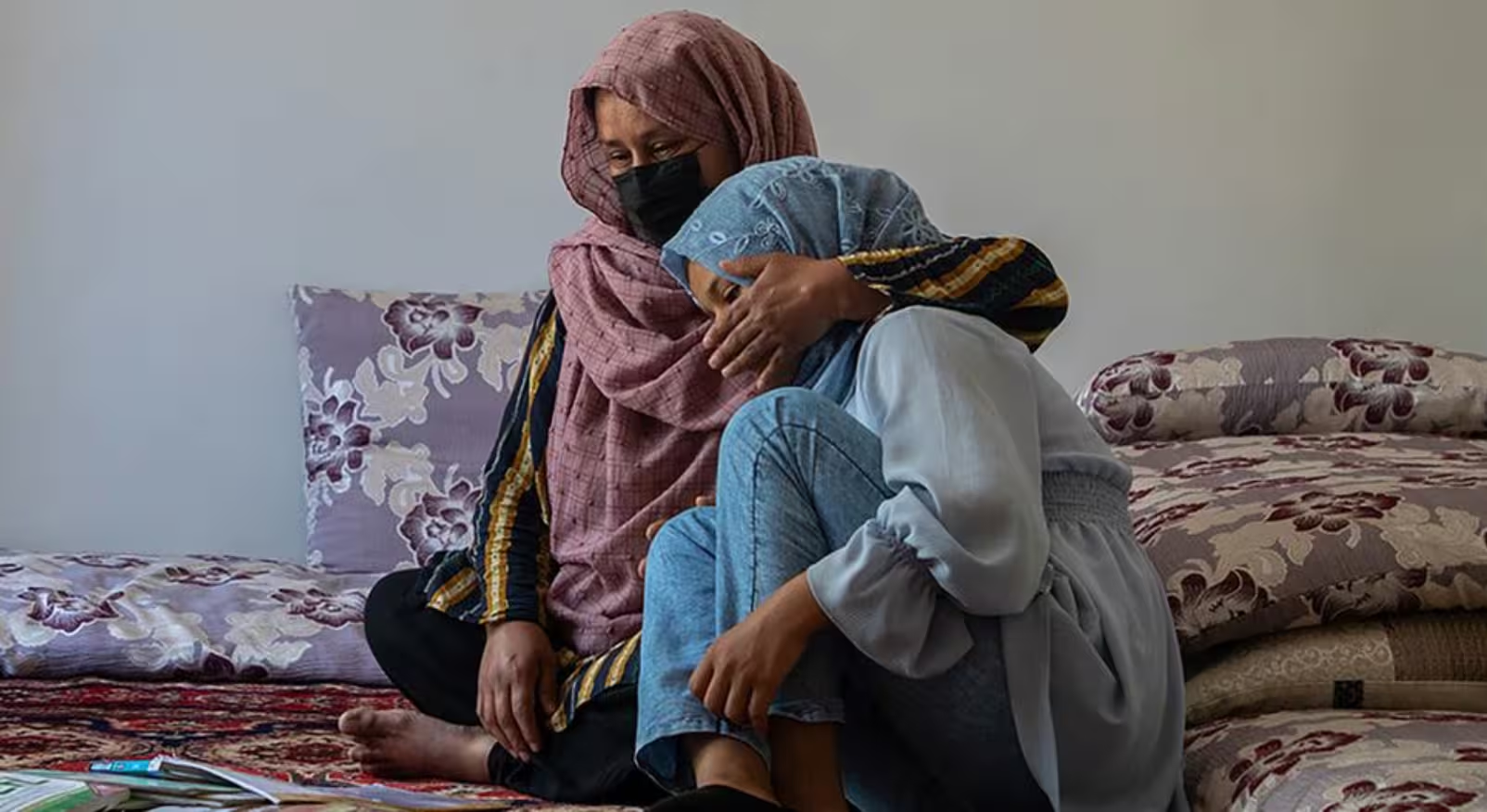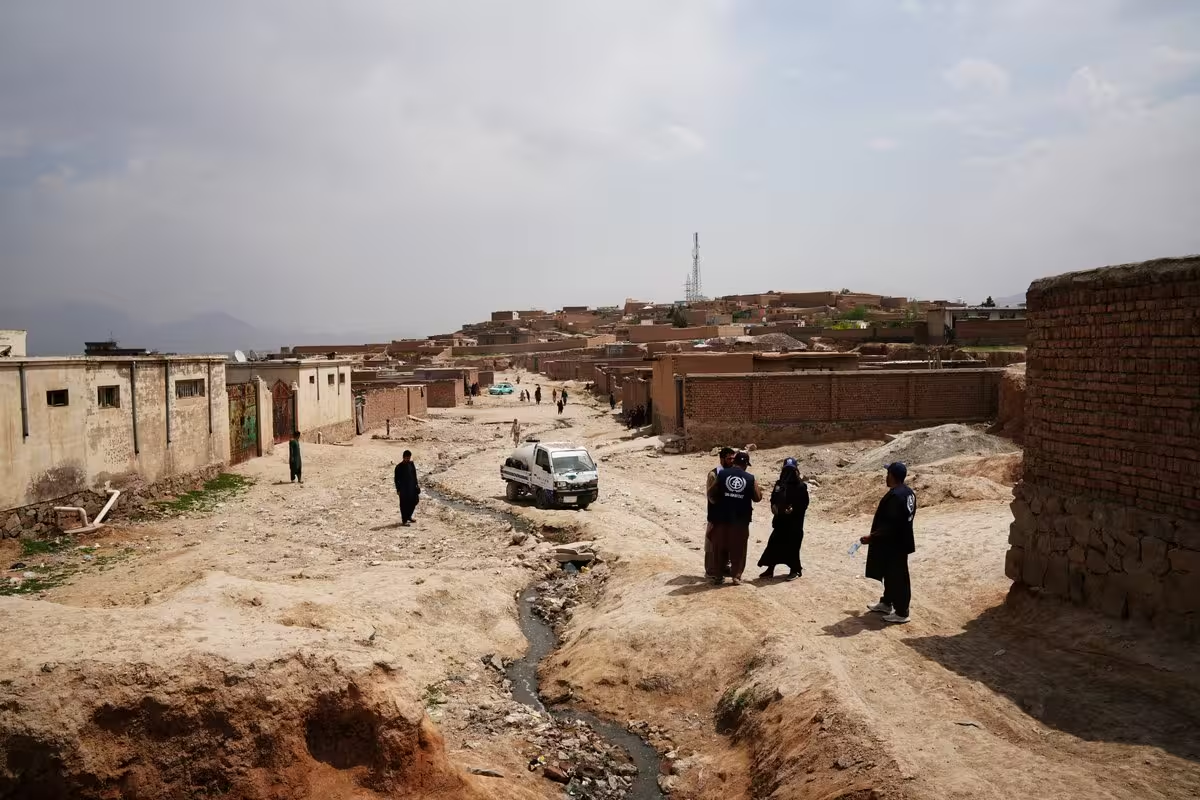Four years after Taliban forces seized Kabul, Afghan women are facing near-total removal from public life, according to new warnings from UN Women and the UN Assistance Mission in Afghanistan (UNAMA).

In 2021, Afghan women could legally run for president. Today, they are banned from speaking in public under a Taliban edict that deems it a moral violation. UN Women says this “untenable” reality is on the verge of becoming permanent unless urgent action is taken.
“The Taliban is closer than ever to achieving its vision of a society that completely erases women from public life,” the agency said in a statement.
UNAMA’s latest report, covering May–June 2025, details escalating enforcement of rules requiring women to be accompanied by a male guardian (mahram) in public. Businesses and clinics have been ordered to refuse service to unaccompanied women, while in some regions, women without a full-body covering, such as a chador, are barred from public spaces.
The Taliban has also banned women and girls from secondary and higher education, cutting off access to degrees, jobs and training. UN data shows 78% of Afghan women are now neither in education, employment nor training.

The education ban is having severe consequences for healthcare. With no pathway for women to become doctors, and restrictions on being treated by male physicians in some areas, medical access for women is shrinking. UN Women warns maternal mortality could rise by 50% by 2026.
Child marriage and gender-based violence are also increasing, with some cases involving Taliban officials.
Additionally, UNAMA found that 62% of women feel unable to influence decisions within their own homes. Media freedoms have narrowed, with many outlets closing and social media monitored.
Despite these conditions, some Afghan women continue grassroots work in remote areas, collecting stories and offering support.
Since August 2021, the Taliban has issued nearly 100 decrees restricting women’s rights — none of them repealed. UN Women’s Afghanistan representative Susan Ferguson said the consequences extend beyond the country.
“If we allow Afghan women and girls to be silenced, we send a message that the rights of women and girls everywhere are disposable. And that’s an immensely dangerous precedent,” she said.
Follow Daryo's official Instagram and Twitter pages to keep current on world news.
Comments (0)